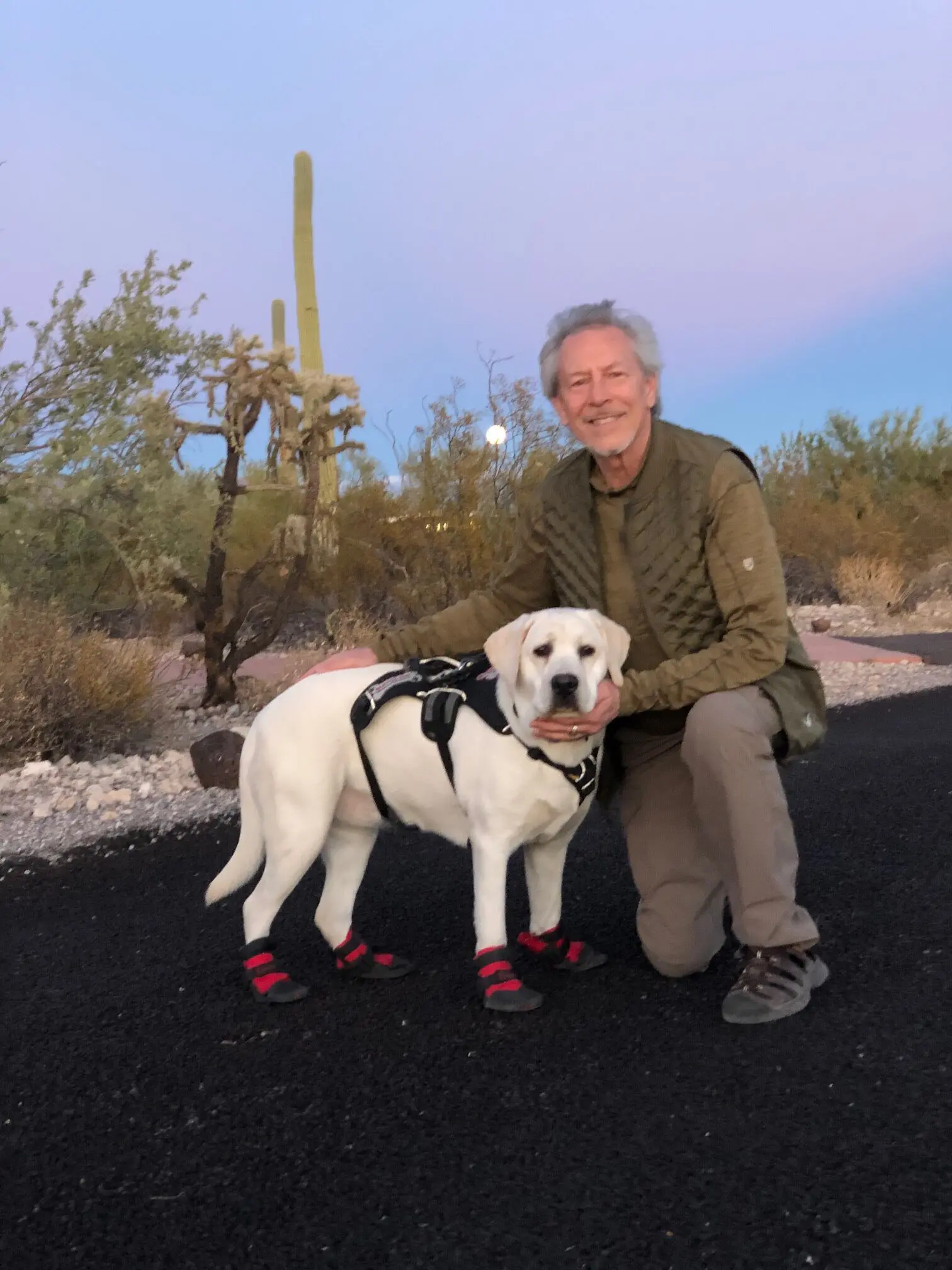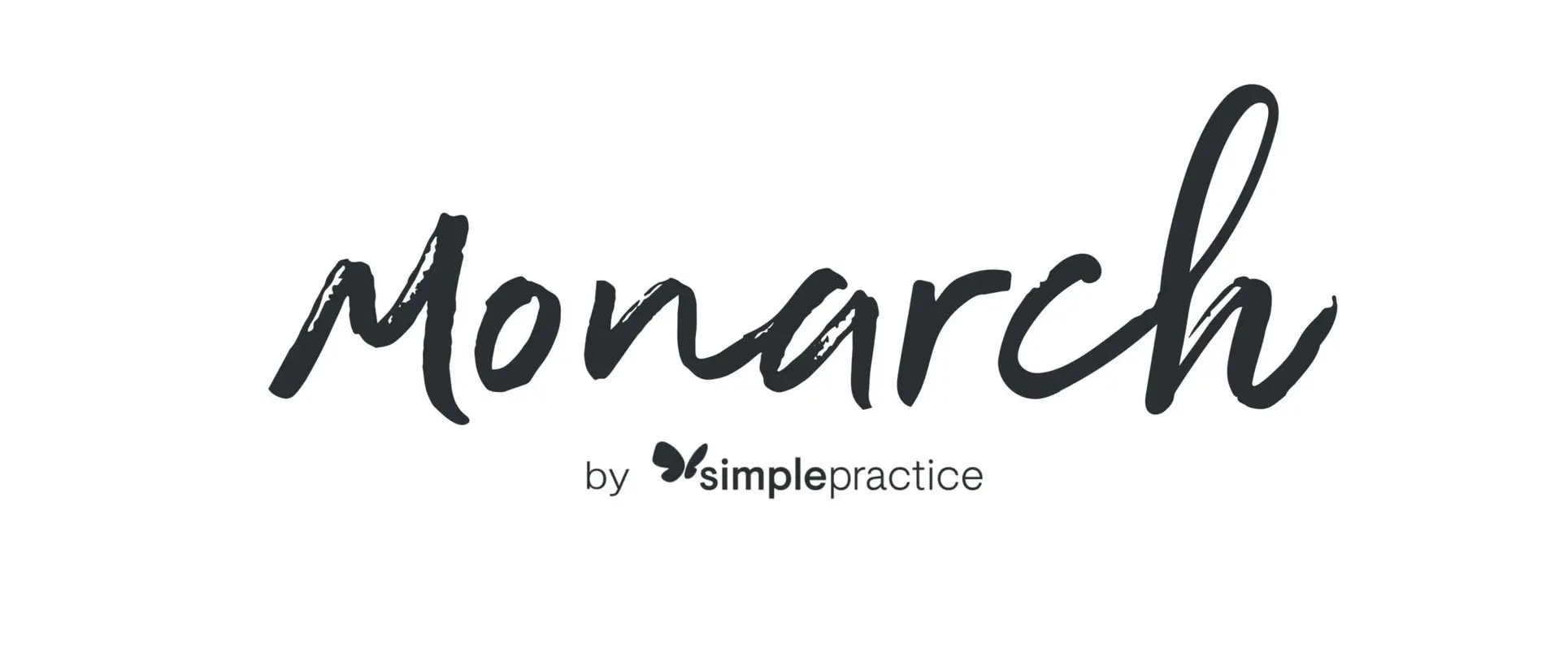
Power in Weakness?
KING'S CROSS COUNSELING brings mental health support directly to your home, anywhere in Nevada.
King's Cross is committed to providing compassionate counseling and psychotherapy. We strive to honor your struggle by dignifying your suffering. Jesus not only endured suffering; he promised it. And when the apostle Paul asked God to cure him, he was not cured. Instead, he was told "My grace is sufficient for you, for my power is made perfect in weakness."
-- V. Ellsworth Lewis, Ph.D.
See Bio, plus profiles in Psychology Today and in Monarch (below)
Meet Dr. Lewis
I am the oldest of five, raised in the midst of the apricot and cherry orchards that became the Silicon Valley. My father was an aerospace engineer from rural Wisconsin, my mother a homemaker who studied at the Art Institute of Chicago. The fact that Mom had bipolar disorder probably predestined my career. I resisted destiny as long as I could, first studying anthropology and philosophy (B.A., Wheaton College), and law (UCLA) before studying clinical psychology (Ph.D., BYU). I completed my predoctoral internship and postdoctoral training in the U.S. Army Medical Department. My first assignment was Chief of Psychology Service at a U.S. Army hospital. From the beginning, I was interested in child-adolescent psychology as well as trauma in adults. My doctoral dissertation studied dissociation in terms of the selective effect of mood on memory.
My training was “eclectic”—involving multiple schools of psychology and integrating many techniques. Two of my early formative experiences involved study in Jungian psychotherapy and training in classical psychodrama. To this day, both stir my imagination about how important it is to go beyond merely talking about problems or solutions. Psychotherapy works best, in my opinion, when it is embedded in an actual relationship (the Jungian influence), and enhanced through action and enactment (the gestalt or psychodramatic influence). To these two basics, I would add (1) the power of listening to our bodies, (2) the power of imagination (e.g., narrative, visualization), and (3) the power of immediate (incremental and symbolic) actions. All these reflect, in my mind, the complex ways in which Christ is "manifested in our mortal flesh" (II Corinthians 4:11). And they have led me to a form of psychotherapy that is distinct from both secular psychology and from pastoral counseling. I call it Christian depth psychology.

Places I’ve worked …
U.S. Army Medical Department ... Monterey County Children’s Services … Gundersen Lutheran Medical Center (Clinical Director of Eating Disorders, Sexual Abuse Treatment Team, Crime Victim Services, Oncology Liaison), Department of Corrections (Psychology Supervisor), Northern Nevada Adult Mental Health Services (2nd Judicial District Mental Health Court).
What I’m not …
Very early on, I noticed that the therapy sessions I planned most carefully were the worst. The sessions to which I came empty-handed were the best. But why, I wondered? Over the years, I’ve decided that carefully following a therapeutic plan (model, protocol, manual) means that I am not fully listening with my whole being … listening to what is being said, as well as to what is unsaid—the quiver of emotion, the silent "elephant" in the room. Coming empty-handed and open-hearted leads to discovery, and discovery is what gives people space and leverage.
Even though I have been trained in many therapeutic techniques, I cannot seem to dogmatically adhere to any of them. For example, I am trained in EMDR, Prolonged Exposure, and Cognitive Processing Therapy for trauma, but I rarely organize a therapy plan completely around a technique. Clients who want that approach can find many such therapists.
Put it this way. Although I’m interested in the science of psychology, I believe in the art of psychology. Your life is your opus, your work of art, your spiritual pilgrimage. I want for psychotherapy to support you through deepening awareness and increasing spontaneity.
Our Core Values
Commitment to Innovation
We continuously evolve to provide the best telehealth psychology services in the state of Nevada.
Integrity in Care
Our approach is built on trust, providing honest and compassionate support.
Faith-Based Counseling
We integrate Christian principles with psychological expertise for holistic care.
Holistic Mental Health
Offering a balanced approach to mental well-being, focusing on mind, body, and spirit.
What Other's Say
Frequently Asked Questions
It's common to feel distant from God during challenging periods, but it's crucial to remember that faith is not solely based on feelings but also on trust and commitment. One way to maintain your faith is by engaging in regular prayer and meditation, which can provide comfort and clarity. Reading scripture can also offer guidance and reassurance of God's presence. Additionally, seeking support from your faith community can provide encouragement and remind you that you're not alone in your struggles. Remember that faith is a journey, and it's okay to have questions and doubts along the way.
Integrating faith into daily life involves aligning your actions and decisions with your spiritual beliefs and values. Start by setting aside time each day for prayer or meditation to connect with your faith on a deeper level. Reflect on how your beliefs can influence your choices, whether in your personal relationships, work, or community involvement. You might consider creating a personal mission statement based on your faith principles to serve as a guide in your decision-making process. Additionally, regularly participating in worship services or faith-based activities can reinforce your commitment and provide a supportive environment for living out your faith.
Finding peace and forgiveness begins with acknowledging and taking responsibility for your actions. In faith-based counseling, understanding that everyone is imperfect and makes mistakes is essential. Many faith traditions teach that forgiveness is a gift from a higher power and is available to those who seek it sincerely. Begin by praying or meditating to ask for forgiveness and guidance on how to move forward. It may also be helpful to seek reconciliation with anyone you've wronged, if possible. Engaging in acts of service or kindness can help you focus on positive actions and personal growth. Remember that forgiveness is a process, and being compassionate with yourself is an important part of healing.



